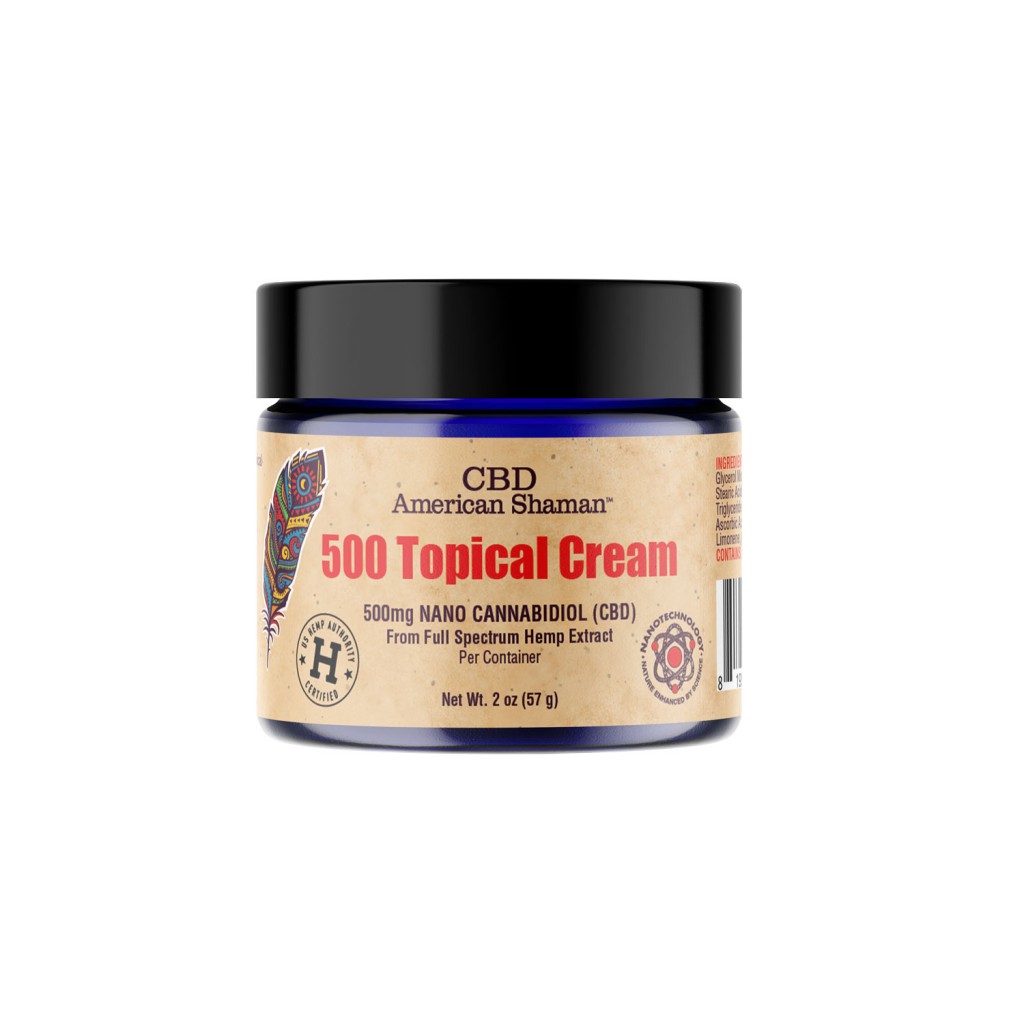Embrace Serenity CBD Arnica Balm: Change Your Self-Care Rituals
Embrace Serenity CBD Arnica Balm: Change Your Self-Care Rituals
Blog Article
Check Out the Scientific Research Behind CBD Discomfort Cream and Its Restorative Impacts
As the need for natural discomfort relief options continues to increase, the scientific community has actually transformed its focus to the therapeutic impacts of CBD pain cream. Understanding the detailed mechanisms whereby CBD engages with the body's endocannabinoid system to minimize pain is essential in analyzing its efficiency. From its anti-inflammatory properties to the complicated neurological results that modulate pain understanding, CBD's prospective as a pain administration option is a topic of continuous research and professional passion. Remain tuned to untangle the science behind CBD pain cream and how it holds pledge for those looking for alternative opportunities for discomfort relief.
Endocannabinoid System and CBD Pain Relief
What duty does the endocannabinoid system play in CBD discomfort alleviation? The endocannabinoid system (ECS) is a complicated network of receptors, enzymes, and endocannabinoids that play a critical duty in managing different physiological procedures, including pain feeling. When CBD is used topically or ingested, it connects with the ECS to modulate pain assumption and swelling. CBD exerts its effects by targeting cannabinoid receptors, especially CB1 and CB2 receptors, which are plentiful in the central anxious system and immune cells, specifically. By binding to these receptors, CBD can inhibit the transmission of pain signals and minimize swelling, resulting in pain alleviation.

Mechanisms of CBD for Pain Monitoring
Checking out the complex mechanisms through which CBD runs hurting monitoring discloses its possible as a beneficial restorative device in alleviating different kinds of discomfort. CBD engages with the endocannabinoid system, consisting of cannabinoid receptors (CB1 and CB2) distributed throughout the body. When CBD is administered, it modulates these receptors, influencing neurotransmitter launch and wetting pain signals. Furthermore, CBD's anti-inflammatory residential or commercial properties play a crucial role in pain administration by minimizing swelling at the site of pain.

Anti-Inflammatory Residences of CBD
In elucidating the effectiveness of CBD suffering monitoring, a remarkable facet lies in its powerful anti-inflammatory properties. CBD, or cannabidiol, has actually gathered attention for its capability to modulate inflammatory feedbacks within the body. Swelling is an intricate biological reaction that plays a vital duty in the body's body immune system, however when it comes to be chronic, it can add to numerous health and wellness problems, consisting of pain. CBD connects with the endocannabinoid system, particularly targeting CB2 receptors located in the immune cells. By triggering these receptors, CBD can help decrease and control immune feedbacks inflammation.
Studies have shown that CBD can hinder inflammatory mediators and cytokines, thereby dampening the inflammatory cascade. This anti-inflammatory impact is especially promising for conditions characterized by persistent inflammation, such as joint inflammation, inflammatory digestive tract illness, and neuropathic pain. By easing inflammation, CBD not only attends to the symptoms but likewise targets the underlying reason for discomfort, making it a beneficial healing representative for handling a vast array of inflammatory problems.
Neurological Effects of CBD on Discomfort
CBD exerts extensive neurological effects on pain assumption with its interaction with details receptors in the central anxious system. By affecting the task of these receptors, CBD can aid manage pain level of sensitivity and swelling, offering prospective healing benefits for individuals enduring from various kinds of pain conditions.
Studies have actually shown that CBD's activity on the endocannabinoid system can cause the restraint of discomfort signaling paths, reducing the understanding of discomfort. Additionally, CBD has been discovered to have neuroprotective residential or commercial properties, which can help relieve neuropathic pain by shielding neurons from damages. The capacity of CBD to modulate discomfort at a neurological level makes it a promising alternative for managing chronic pain problems where traditional therapies might drop short.
Scientific Studies Supporting CBD Discomfort Relief
Final Thought
In final thought, the scientific research behind CBD pain cream exposes its potential healing impacts with the modulation of the endocannabinoid system (Serenity CBD arnica balm). CBD's systems for discomfort administration include its anti-inflammatory residential or commercial properties and neurological impacts on pain perception.
As the demand for natural discomfort relief alternatives continues to increase, the clinical area has transformed its focus to the therapeutic results of CBD pain cream. From its anti-inflammatory buildings to the facility neurological effects that modulate pain understanding, CBD's possible as a discomfort administration solution is a subject of ongoing research and clinical interest.Structure upon the understanding of CBD's neurological impacts on pain perception, scientific studies have offered useful understandings right into the efficiency of CBD in giving discomfort relief. A study published in the European Journal of Pain showed that using CBD topically decreased pain and swelling in rats with joint inflammation without any type of obvious side effects. CBD's devices for discomfort monitoring include its anti-inflammatory homes and neurological results on discomfort perception.
Report this page